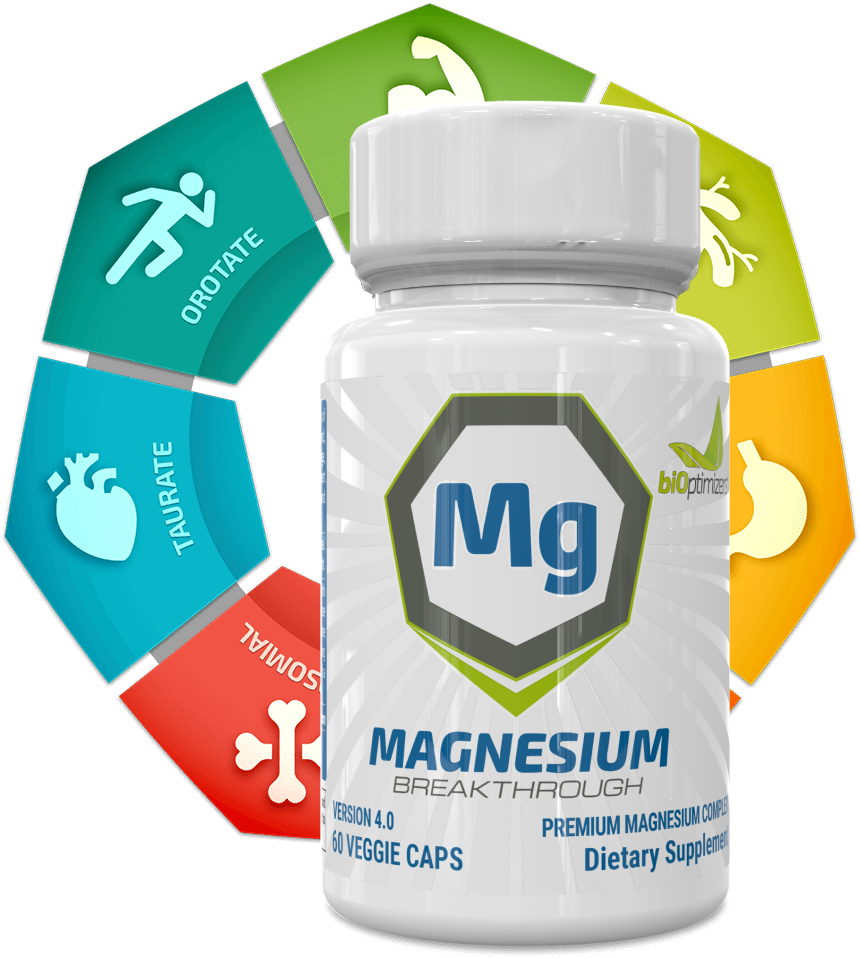3 Unexpected Natural Remedies for Depression
Depression may be the most common psychiatric disorder in the world, yet there’s still so much we don’t understand about it. This nutrition bite touches on depression and a few underutilized natural remedies you can use to help cultivate a healthier state of mind.
Depression is too often wrongly oversimplified by many people as ‘a constant state of sadness.’
It’s actually more nuanced than that, and can include any combination of experiencing sadness, lack of energy, loss of motivation, hopelessness, irritability, restlessness, and even anxiety for longer than two consecutive weeks. [1]
Depression is more than a temporary emotion, it is a disorder, sometimes lifelong. That said, as with many disorders, there are a number of tools that can be used to manage depression and help people struggling with it lead a fulfilling life.
As advocates for more ‘natural’ remedies, let’s explore some that might help those who have to deal with this condition.
Unexpected Natural Remedies For Depression
.
Healing from a depressive episode, or managing clinical depression, takes time, effort, and ongoing commitment.
It’s so much more than ‘choosing to not be depressed.’ Current research suggests depression is the result of a combination of genetic, biological, environmental, and psychological factors. [1] One example is that depression can manifest due to a chemical imbalance in the brain, which can happen if you experience chronic inflammation.
Fortunately, there are a variety of things that can be done to reduce that inflammation and improve the balance of ‘happy hormones’ in your brain, such as:
1. Sunlight
The easiest way to encourage your brain to feel brighter is to literally get some light in your life; sunlight that is. Stepping outside into the sun regulates a host of hormones that keep our brain chemistry balanced, such as melatonin regulation vitamin D synthesization.
Fun Fact: Although called a vitamin, vitamin D is actually a hormone that our body naturally creates when exposed to sunlight, which has natural anti-depressant effects.
2. Exercise
Apart from the well known physical benefits, exercising regularly helps keep brain inflammation at bay and keeps cortisol levels down (the ‘stress’ hormone). It also increases neurotransmitters such as serotonin and endorphins, which are crucial for mental health.
3. Supplements
Complement a lifestyle that supports mental well being by taking these all-natural vegan supplements:
- Saffron
The ancient Peruvians got it right when using Saffron to combat depression. Modern studies show that Saffron increases serotonin while simultaneously lowering and protecting the brain from inflammation. [2, 3]
. - Rhodiola Rosea
Rhodiola Rosea is a wonderful adaptogenic herb best known for helping our body cope with the ill-effects of stress. It helps regulate cortisol, enhances brain function, and stabilizes moods, making it a fantastic herb to help manage depression [4]. (An added bonus, it pairs well with Saffron, and they complement each other’s antidepressant effects!)
. - Acetyl-L-Carnitine
Acetyl-L-Carnitine, or ALCAR, is a form of carnitine that keeps mitochondria (the part of our cells responsible for creating energy) healthy and able to function optimally. Think of ALCAR as ‘food’ for mitochondria.
.When these cells are healthy, there’s a myriad of health benefits, such as an increase in brain function, and as much as a 50% decrease in mental fatigue! ALCAR also lowers oxidative stress in the brain (a common contributor to depression).
To find out more about all-natural antidepressant remedies, check out this f.ree ebook…
.
>> The Top Natural Antidepressant Remedies
This no-fluff guide will show you the most powerful, science-backed supplements that can help lessen symptoms of depression in a matter of just weeks. Download your complimentary copy now.
References:
[1] https://www.nimh.nih.gov/health/topics/depression
[2] Khaksarian M, Behzadifar M, Behzadifar M, Alipour M, Jahanpanah F, Re TS, et al. The efficacy of Crocus sativus (Saffron) versus placebo and Fluoxetine in treating depression: a
systematic review and meta-analysis. Psychol Res Behav Manag. 2019;12:297–305.
[3] Hausenblas HA, Saha D, Dubyak PJ, Anton SD. Saffron (Crocus sativus L.) and major depressive disorder: a meta-analysis of randomized clinical trials. J Integr Med. 2013;11:377–83.
[4] Zhong Z, Han J, Zhang J, Xiao Q, Hu J, Chen L. Pharmacological activities, mechanisms of action, and safety of salidroside in the central nervous system. Drug Des Devel Ther. 2018;12:1479–89.







































